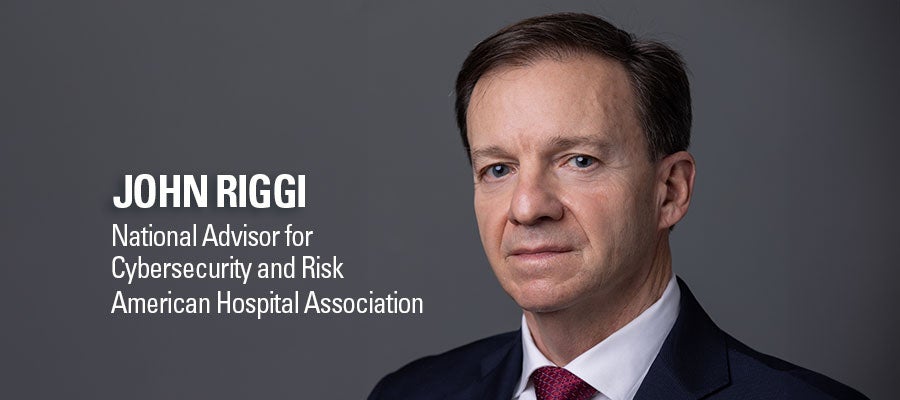
We at the American Hospital Association, all of our members, and the individuals working in hospitals and health systems across America, salute our fallen. We work in health care to help save lives, but we understand firsthand the toll of loss, especially the loss of young lives given in service.





